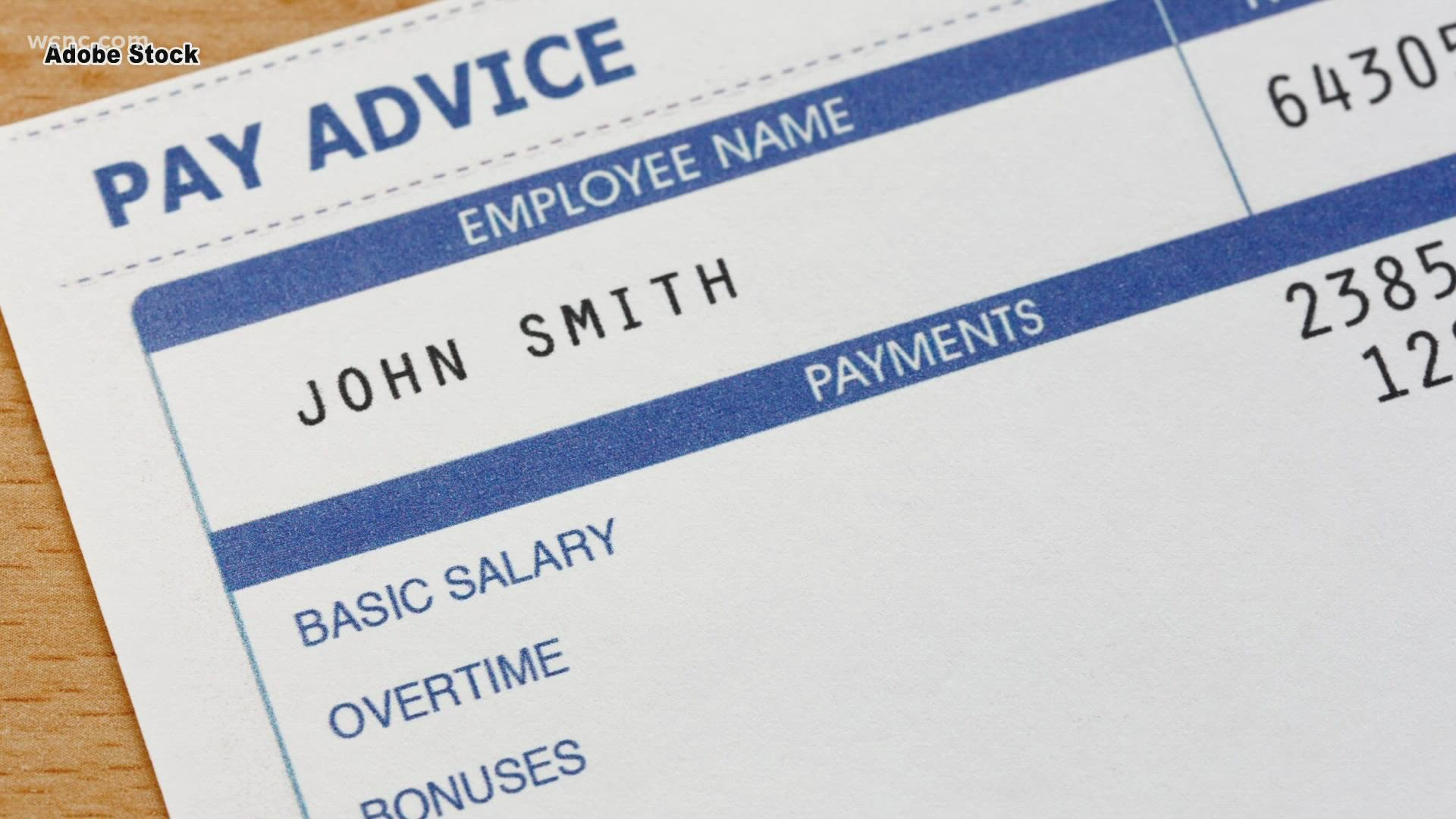CHARLOTTE, N.C. — Talking about wages with coworkers is usually something people avoid.
In most workplaces, discussing how much money everyone makes is taboo. But can an employer legally stop workers from talking about their paychecks with coworkers?
THE QUESTION:
Is it illegal to prevent your employees from talking about their wages?
OUR SOURCES
THE ANSWER:
Yes, it is illegal to prevent employees from talking about their wages.
WHAT WE FOUND:
In 1935, Congress enacted the National Labor Relations Act, which protects the right of employees and employers to encourage collective bargaining, among other things.
"Every company that you can think of is allowed under the law to discuss their compensation with other employees without fear of retaliation or being fired," Mauney said.
Because of this law, Mauney says it's illegal for an employer to discourage employees from talking about their wages.
"If the employer violates that right, you can take them to court," Mauney said. "The law is pretty clear that you can prove your case in any court."
However, Mauney said most people aren't aware that workers enjoy this protection. In fact, a 2021 study by the Institute for Woman Policy Research found almost 50% of full-time employees reported having been discouraged from discussing pay.
"People are generally aware, I think, that it's illegal to discriminate against religion, race or creed, national origin, things like that, but they are not aware that they have other rights from other laws and this is one of those laws," Mauney said.
If someone is fired from their job and can prove it's because they discussed their wages with another employee, Mauney said the courts will usually make the employer reinstate that worker and give them back pay.
"This enables to sort of compare notes and see whether they are being treated fairly or not," Mauney said. "This is what the law is designed to do."
VERIFY is dedicated to helping the public distinguish between true and false information. The VERIFY team, with help from questions submitted by the audience, tracks the spread of stories or claims that need clarification or correction. Have something you want VERIFIED? Text us at 704-329-3600 or visit /verify.

